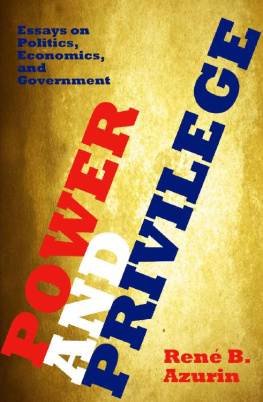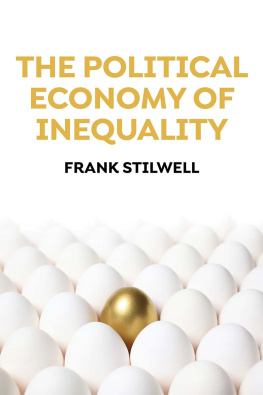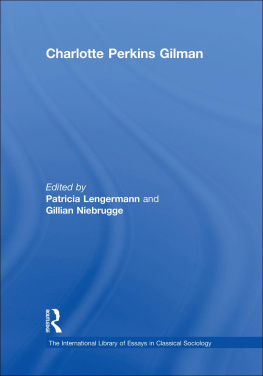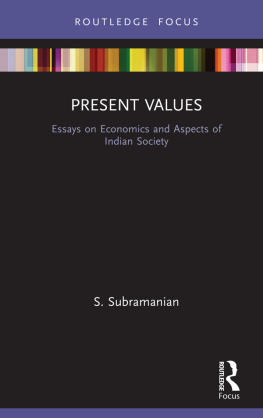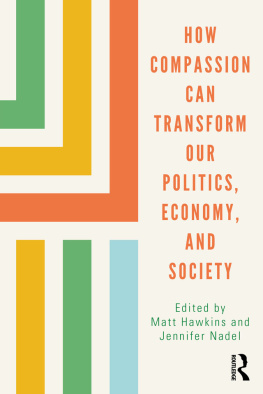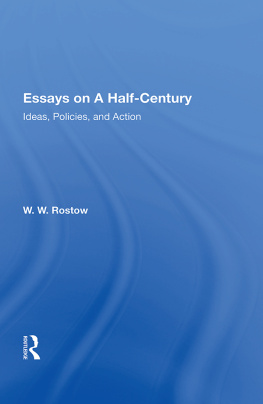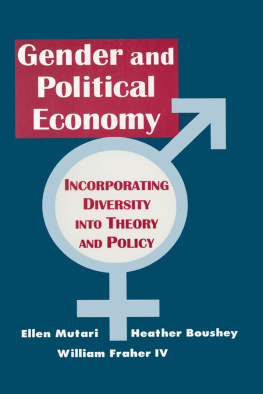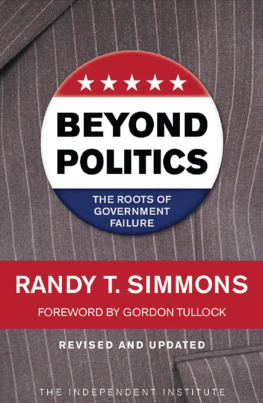POWER
AND
PRIVILEGE
Essays on Politics, Economics, and Government
Ren B. Azurin

Copyright to this digital edition 2010 by Ren B. Azurin
All rights reserved.
No part of this book may be reproduced in any form
or by any means without the written permission from
the copyright owner and the publisher.
Published and exclusively distributed by
ANVIL PUBLISHING, INC.
7th Floor Quad Alpha Centrum Building
125 Pioneer Street, Mandaluyong City
1550 Philippines
Trunk Lines: (+632) 477-4752, 477-4755 to 57
Sales & Marketing:
Fax: (+632) 747-1622
www.anvilpublishing.com
Book design by Ariel Dalisay (cover); Felix Pio (interior)
ISBN 9789712729539 (e-book)
Version 1.0.1
For my mother Edna
who taught me math and things of |absolute value|
with love, gratitude, and profound admiration.
Table of Contents
This volume represents a collection of selected essays that originally appeared in the newspaper BusinessWorld from May 2008 to July 2010. It is the second such collection.
Appearing under the column title Strategic Perspective, these Thursday offerings of mine to the readers of BusinessWorld cover a wide range of subjectsfrom politics and economics to management and moralityand, as a matter of intention, try to present a broader and deeper analytical viewpoint on issues that invadeor should invadepublic consciousness.
By bringing to bear elements of history, political and economic theory, and philosophy on public issues, my object is to expand the perspective of the reader beyond the narrow confines of his own particular interest group and into the economy at large, society in general, and time beyond the present. As a teacher (basically), my hope is that this broadening of viewpoint will eventually spread into the general populace and give more Filipino citizens a better understanding of what public policies will best serve the general welfare. Admittedly, the reach of my own voice is limited but I can hope that those with wider audiences will somehow be persuaded by my views and translate these into a more accessible message in more accessible mediums.
I am very grateful to BusinessWorld publisher Vergel Santos and the enlightened editors of BusinessWorld for providing me space in that prestigious publication to freely (and without any constraints whatsoever) expound views that are often harshly critical of the powers that be. Vergel, who is also a Director of the Center for Media Freedom and Responsibility, has a deep understanding of the role of media in any society that styles itself as democratic and has always been in the forefront of the fight to defeat emerging threats to press freedom in this country.
A recurring underlying theme in my writings is that the problems of our society since its birth have essentially been caused by concentrated, unchecked power wielded by a privileged few. Such concentrated power is bad for any society because the lopsided distribution of power will produce uneven societal outcomes. Unfortunately, those wielding such power invariably use itfor as long as they are unrestrainedto benefit themselves and their private interests. Consequently, the general thrust of my own position on various public policy issues is toward the dispersal of power and toward the building up of differentand competingcenters of power in society.
The overriding object of social action, I believe, should be the creation of counterweights to any power center, particularly mighty government. Those who may temporarily administer the monopolistic coercive powers of the state must be effectively restrained from using such powers to promote private interests and subvert public ones. In this connection, the actual effectiveness of such restraints depends on the relative strength of other societal institutions that may wield some degree of power (like the media, the judiciary, organized citizens groups, religious institutions, professional associations, the academe, etc.) in the community of citizens.
It is my hope that this small volume will help disseminate this point of view a little more and convert those who read it to this line of thinking. This is, I think, the key to arresting the accelerating downward slide of governance in this country and ultimately solving the still-unsolved problems of our deteriorating society. It is, I believe, not too much of an aspiration.
Ren B. Azurin
Makati City, Philippines
August 2010
Privilege and predatory
power
H indi mo ba ako kilala? (Dont you know who I am?) is a line that may very well describe the root cause of the ills that have bedeviled this nation since its birth. In the news and in various blogs because of its invocation by a small-town mayor in a golf course altercation, it is a demand for privilege, an assertion that the invoker thereof deserves special treatment because he (or she) holds some official title that confers on its bearer the authority to wield even a tiny bit of the power of government.
It hardly matters that the title acquired may have been obtained by buying votes from election riggers or by selling ones soul to obtain appointment to some desirable puesto. And, whether the title is mayor, secretary, undersecretary, director, chairman, congressman, senator, governor, president, or just paper shuffler, it allows holders to insist on privileged treatment not only for themselves but also for their spouses, their children, and even their cousins thrice removed.
The news about such privilege being invoked violently on a golf course struck such a responsive chord among large swaths of the citizenry because (I believe) almost everyone has, in the course of a lifetime, invariably had the experience of being browbeateneither physically or psychologicallyby some power holder who reveled in being backstopped by the coercive might of the state. The reason the alternative version of the incident now being purveyed by the mayor, his Cabinet secretary father, their lawyers, and their PR machinery is dismissed as incredible by ordinary citizens is that it simply goes against the grain of our collective experience. Unarmed citizens have not been known to pick fights with visibly important people who strut around with guns and bodyguards. On the other hand, public officials intoxicated with the sense of their own importance have been known to be afflicted with the notion that others must surely recognize just how important they are and act subserviently. Bakit hindi nila kami kilala? (Why dont they know who we are?)
The country is plagued by monstrous corruption and atrocious governance fundamentally because public officials have too much power and their insistence on privilege cannot be restrained. Granted, this sad situation had its beginnings in an American regime that allowed the political and economic elite of the time to consolidate government power completely in their hands and use this to obtain privilege and economic advantage. Still, in the 63-odd years since Americans ruled this country, the situation has worsened and deteriorated. Today, most Filipinos view their political leadership as the most privilege-invoking and corrupt ever.
We have today a government led by predators who view government power as the best route to a life of wealth and privilege. With very few exceptions, those who seek to control choice portions of government power in this country do so with the deliberate intent of using this to extract tong

